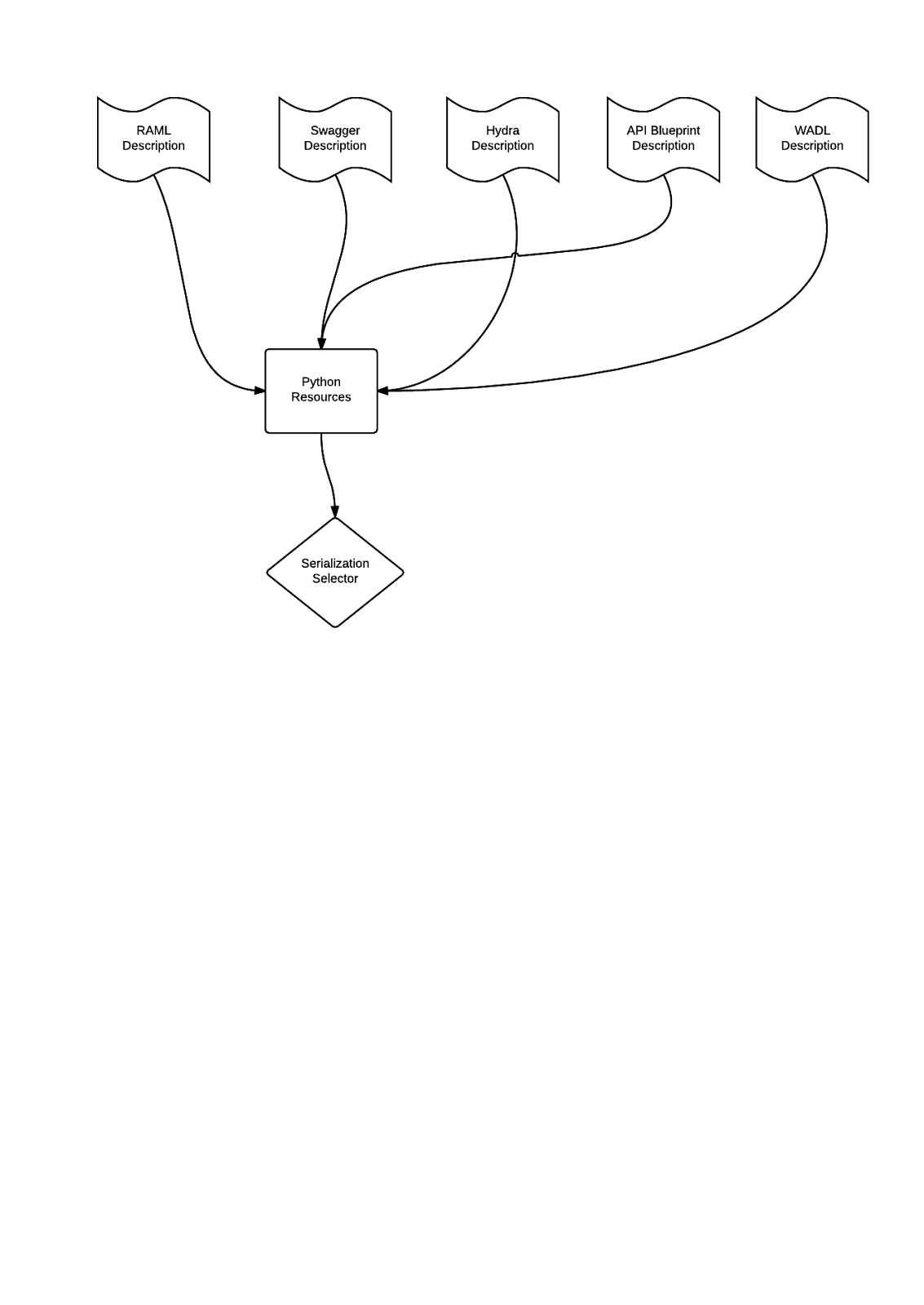Trend Analysis with ElasticSearch and Couchbase
As I have already said in a previous post of mine ( Problems with Heroku, Geodjango and Couchbase? Me too! ), recently i have started using couchbase a lot.
It offers a variety of cool features that you can read about on their site and make their product attractive.
What is more, there are far more interesting stuff for a developer to start using a technology than just a flexible data model.
Personally, what i love in couchbase is the super cool python client, which makes all the everything so simple. There is also tones of documentation and examples, but my experience with the company is deeper than just that.
Every time i send them an email they respond immediately, offering great support (even though for the open source community).
Enough is enough. Let's talk a bit about coding here.
I wanted something much more sophisticated this time. I luckily run into a nice presentation on elastic search with couchbase and that inspired me that this would be a nice solution!
I needed to make some trend analysis on millions on text entries per day. As you can see, such a solution seems native with the specific architecture.
It was pretty easy to set up a new couchbase node and an elasticsearch one in an Ubuntu Server.
What I needed, was a replication node of the couchbase in the elasticsearch. Documentation was there, and google returned a lot of results.
But everything seemed to work for elasticsearch 2.0.
What i needed was the 0.92 version, because it uses all the latest features of Apache Lucene which by the way are AWESOME!
After a lot of searching, in order for this to work you need the elasticsearch transport couchbase plugin version 1.0.1 beta!
This is just a draft post and i hope i will be able to update it soon with more details.
To sum up,
I have a cluster with couchbase and replicating my data in elasticsearch, doing trend analysis on my data seamlessly!
It offers a variety of cool features that you can read about on their site and make their product attractive.
What is more, there are far more interesting stuff for a developer to start using a technology than just a flexible data model.
If you like this article, read more at my updated blog
Personally, what i love in couchbase is the super cool python client, which makes all the everything so simple. There is also tones of documentation and examples, but my experience with the company is deeper than just that.
Every time i send them an email they respond immediately, offering great support (even though for the open source community).
Enough is enough. Let's talk a bit about coding here.
I wanted something much more sophisticated this time. I luckily run into a nice presentation on elastic search with couchbase and that inspired me that this would be a nice solution!
I needed to make some trend analysis on millions on text entries per day. As you can see, such a solution seems native with the specific architecture.
It was pretty easy to set up a new couchbase node and an elasticsearch one in an Ubuntu Server.
What I needed, was a replication node of the couchbase in the elasticsearch. Documentation was there, and google returned a lot of results.
But everything seemed to work for elasticsearch 2.0.
What i needed was the 0.92 version, because it uses all the latest features of Apache Lucene which by the way are AWESOME!
After a lot of searching, in order for this to work you need the elasticsearch transport couchbase plugin version 1.0.1 beta!
This is just a draft post and i hope i will be able to update it soon with more details.
To sum up,
I have a cluster with couchbase and replicating my data in elasticsearch, doing trend analysis on my data seamlessly!


Σχόλια
Δημοσίευση σχολίου